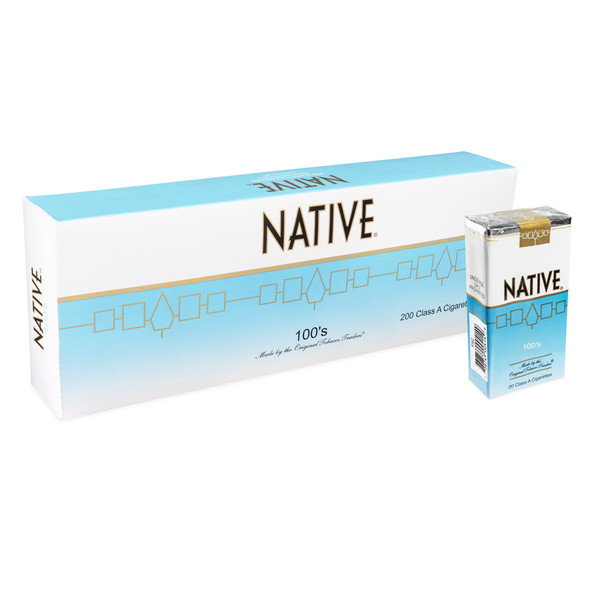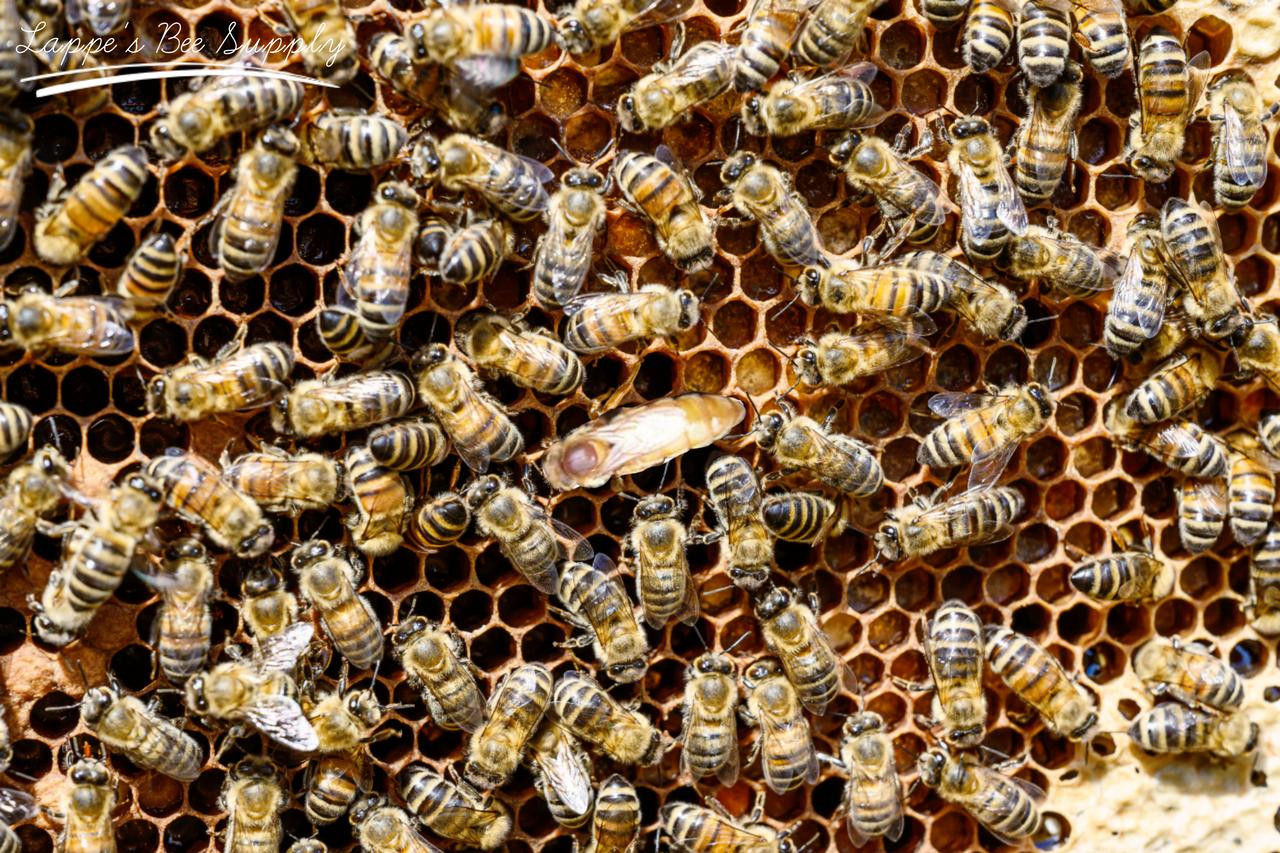There is an old English saying “Food cooked with passion and served with love tastes divine.” Trust me, it is true even today! Every food enthusiast (like you and me) is well aware that the soul of any good recipe resides in the right blend of spices and fresh natural ingredients. But we might sometimes miss upon an even more important ingredient while cooking food, and which more often than not tampers with the soul of our recipe. Yes, I am talking about food safety & hygiene. One has to be very careful while handling food and maintain the highest level of hygiene and food safety in our kitchen and home.
Food contamination can occur at any stage, be it harvesting, processing, preparation, storage or transportation. Foodborne diseases are often common where low standards of hygiene are used. According to data released by World Health Organization, every year foodborne disease causes almost one in ten people to fall ill. These diseases can be deadly especially in children.
There are a few basic rules to be followed while handling food:
Clean: Wash hands and surfaces often.
Separate: Don’t cross-contaminate.
Cook: Cook to the right temperature.
Chill: Refrigerate promptly.
Clean: Wash hands and surfaces often.
One must wash one’s hands thoroughly with soap before coming in contact with food. This eliminates transfer of germs from your hands to the food. One must wash all vegetables and fruits with cold water before using them. Kitchen counters and surfaces are the key places which if dirty can contaminate food. These places must be sanitized thoroughly along with equipment used for preparing food.
In case you are sick or down with cold and flu you must avoid cooking and handling food. When someone has the symptoms of diarrhea, vomiting or jaundice, they should stay away from the workplace. And if they have a sore throat and fever, they should be restricted from preparing and serving food.This is alarming because these people potentially could have spread disease to the people who consume the foods their establishments were serving. Martin Bucknavage, extension food-safety specialist says,”Foodborne pathogens such as Norovirus, Hepatitis A and Shigella often are spread by sick workers to restaurant patrons through the food.” These recommendations are not just for foodservice or retail food establishments but also for people who cook for their families and those who work in child care or elder-care facilities. The use of hand sanitizers and tissue paper should be encouraged in all age groups.
Separate: Don’t cross-contaminate.
To avoid cross contamination keep raw and cooked foods separate when storing and preparing. Food should be stored in covered containers in the fridge and put raw meats and poultry in the bottom of the fridge so the juices don’t contaminate food on lower shelves. Don’t put cooked meat back on the plate the raw meat was on.
Cook: Cook to the right temperature.
If you eat poultry, seafood and meat you must be careful while cooking them. They should be cooked thoroughly at right temperatures before eating. In order to confirm, insert a skewer in the center of the meat and check that there is no pink meat. The juices must run clear. Those are the signs of well cooked meat. In case raw meat is consumed it can lead to food poisoning.
In the past few years microwaves are being used in our kitchens to cook and reheat food. You can cover your food with food wrapping paper of a good quality, which prevents the food from drying out on reheating. Make sure the reheated food is piping hot and the steam is coming out of it. This means you have eliminated the risk of bacteria and other pathogens.
Chill: Refrigerate promptly.
If you are to store your raw food in fridge, wrap it with a food wrapping paper which can absorb the moisture and prevents the dripping of juices and keep it at a temperature lower than 5 degree Celsius. You can help keep your family safe from food poisoning at home. Cold temperatures slow the growth of illness causing bacteria. So it’s important to chill food promptly and properly. Refrigerate perishable foods within two hours.
Healthy and hygienic food habits can avert a lot of foodborne diseases. These habits should be inculcated in your daily lifestyle and should be taught to kids as well. It’s the small steps which go a long way and make a big difference in your holistic well being.






